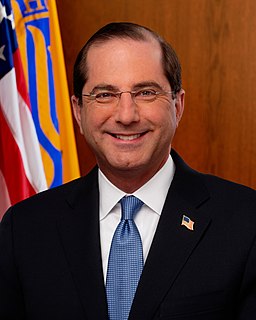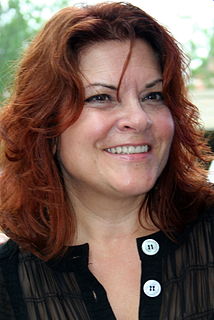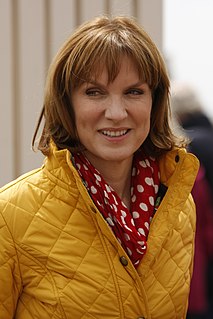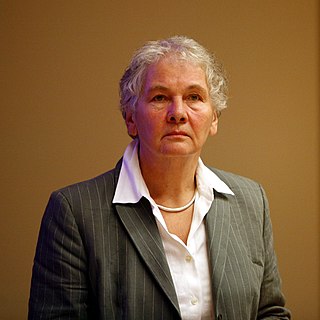A Quote by Chesa Boudin
When my parents were arrested, I was a year old. And like so many children with incarcerated parents, I experienced a range of traumas connected to the separation. I was angry. I was ashamed. I had developmental delays, behavioral problems.
Related Quotes
For children, the era of mass incarceration has meant a tremendous amount of family separation, broken homes, poverty, and a far, far greater level of hopelessness as they see so many of their loved ones cycling in and out of prison. Children who have incarcerated parents are far more likely themselves to be incarcerated.
You must learn to look at people who are angry with you straight in the eye without getting angry back. When children see their parents treating them this way, they then recognize the parents' authority. It speaks louder than words. Their new respect for the parents is as good for them as it is for the parents. It never works to demand respect of children. It must be given willingly as a result of strength of good character in the parents, which is manifested by their non-reaction to stress in the children.
As many conventionally unhappy parents did in the 1950s, my parents stayed together for the sake of the children—they divorced after my youngest brother left home for college. I only wish they had known that modeling their dysfunctional relationship was far more damaging to their children than their separation would have been.
I had never experienced anything like the response I got from people for Pirates of the Caribbean, where you meet a 75-year-old woman who had seen Pirates and somehow related to the character, and then five minutes later you meet a six-year-old who says, 'Oh, you're Captain Jack!' What a rush. What a gift. That was the challenge with Wonka, too--to be, in a sense, like Bugs Bunny. I find it magical that a three-year-old can be mesmerized by Bugs, but so can a 40-year-old or an 80-year-old. It's a great challenge to see if you can appeal to that huge an age range.
People who, as children, were intellectually far beyond their parents and therefore admired by them, but who also therefore had to solve their own problems alone. These people, who give us a feeling of their intellectual strength and will power, also seem to demand that we, too, ought to fight off any feeling of weakness with intellectual means. In their presence one feels one cannot be recognized as a person with problems just as they and their problems were unrecognized by their parents, for whom he always had to be strong.
The poor, and especially poor people of color, don't have the luxury of raising 'free-range' children without risking severe consequences. Parents of color don't receive a visit and a warning if their children are found playing alone; they are immediately blamed and far more likely to be arrested or lose custody of their children.
Adolescence is a time when children are supposed to move away from parents who are holding firm and protective behind them. When the parents disconnect, the children have no base to move away from or return to. They aren't ready to face the world alone. With divorce, adolescents feel abandoned, and they are outraged at that abandonment. They are angry at both parents for letting them down. Often they feel that their parents broke the rules and so now they can too.




































